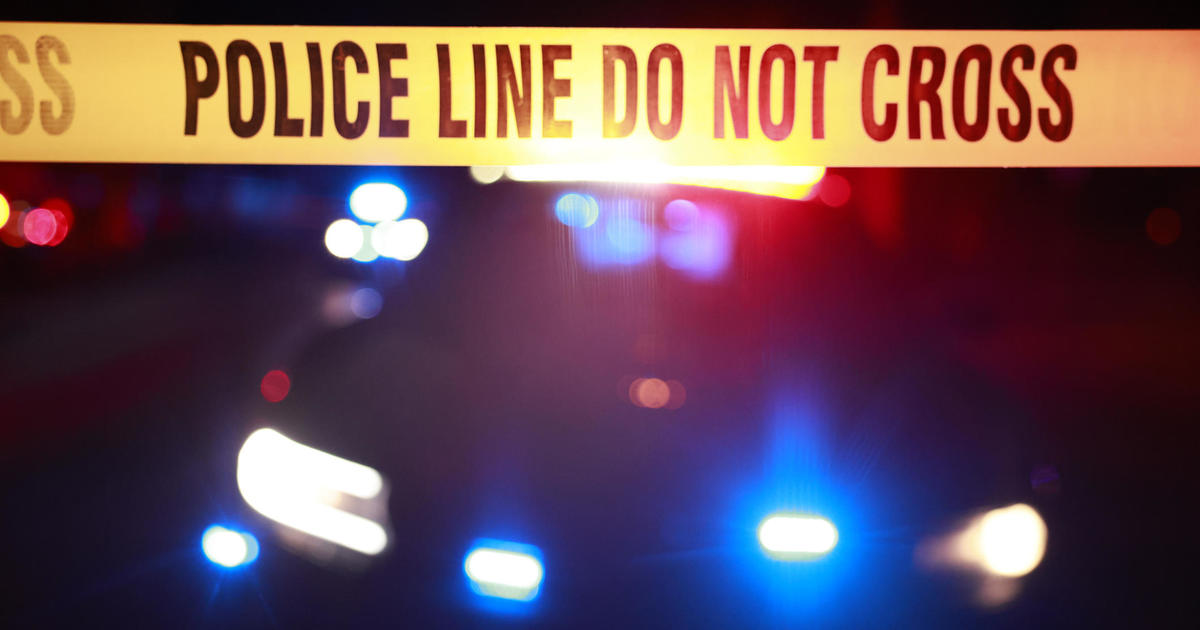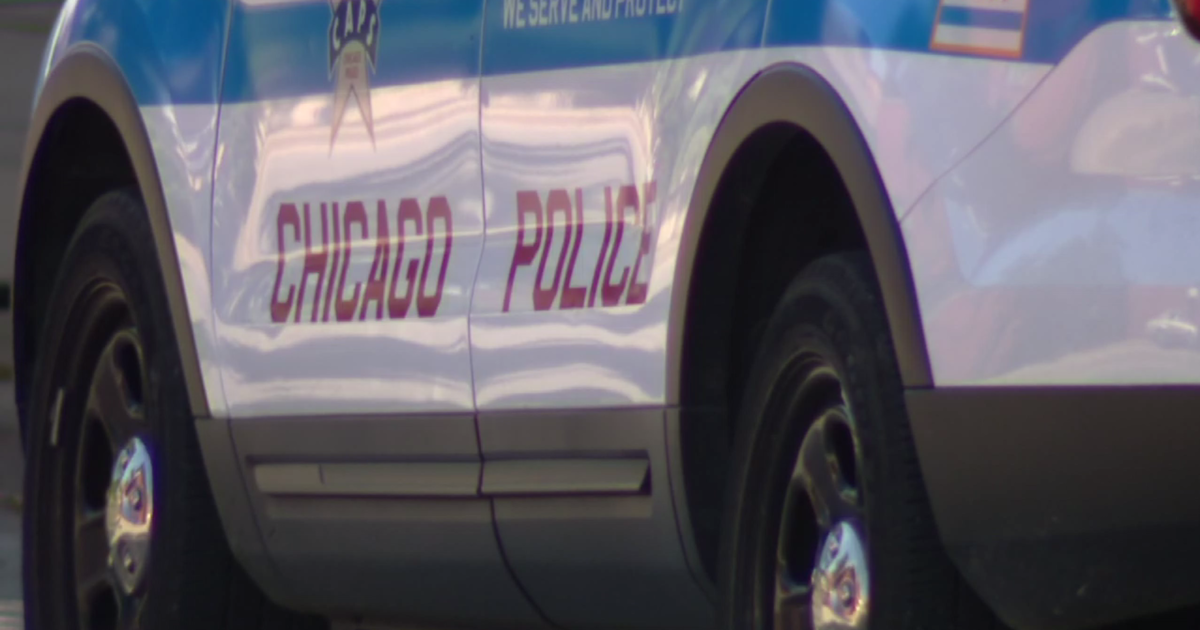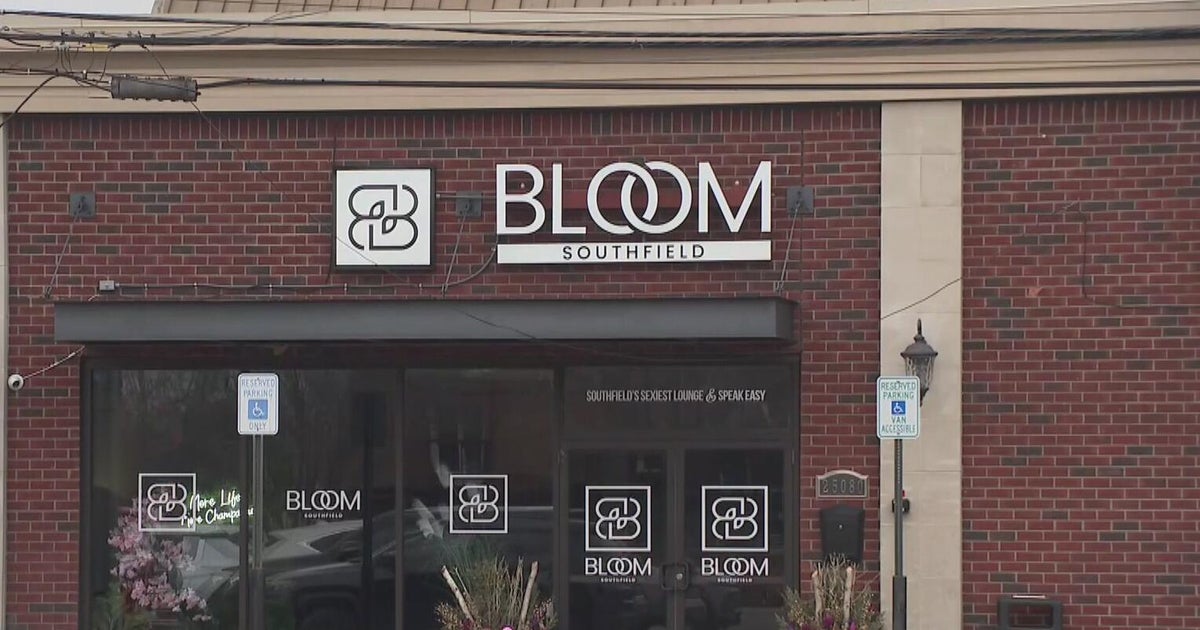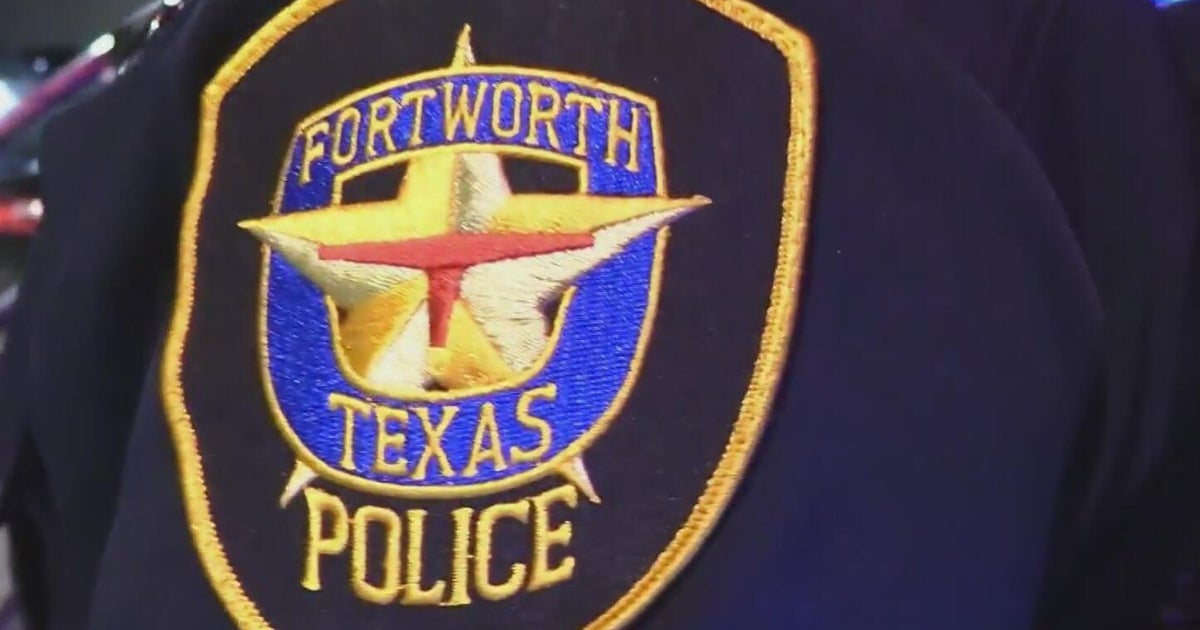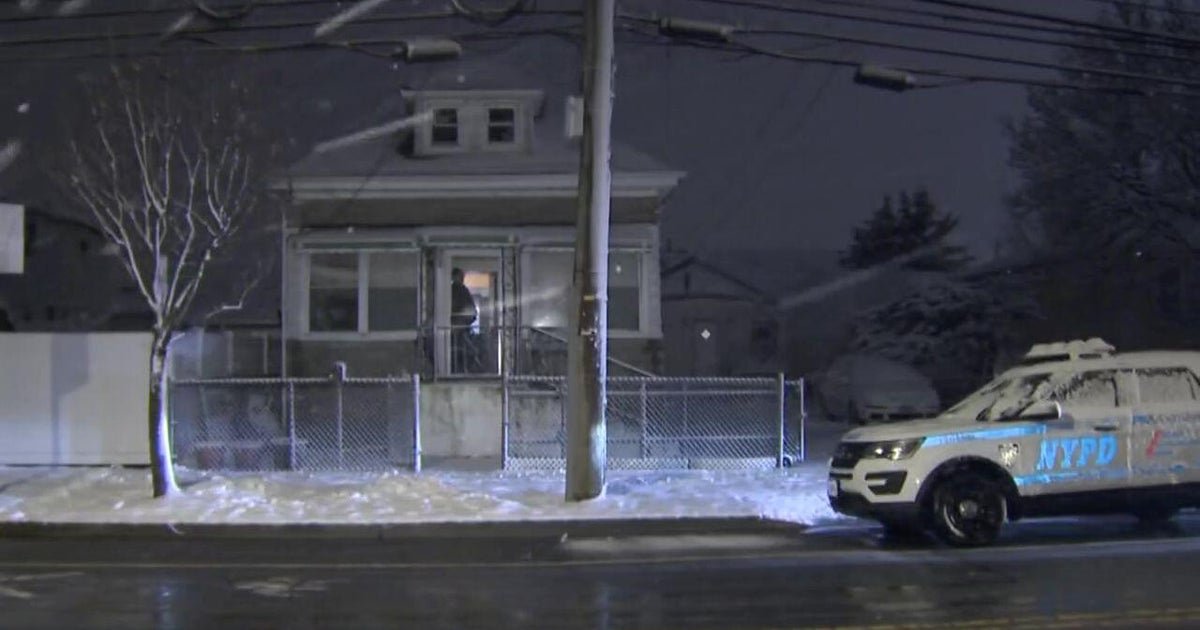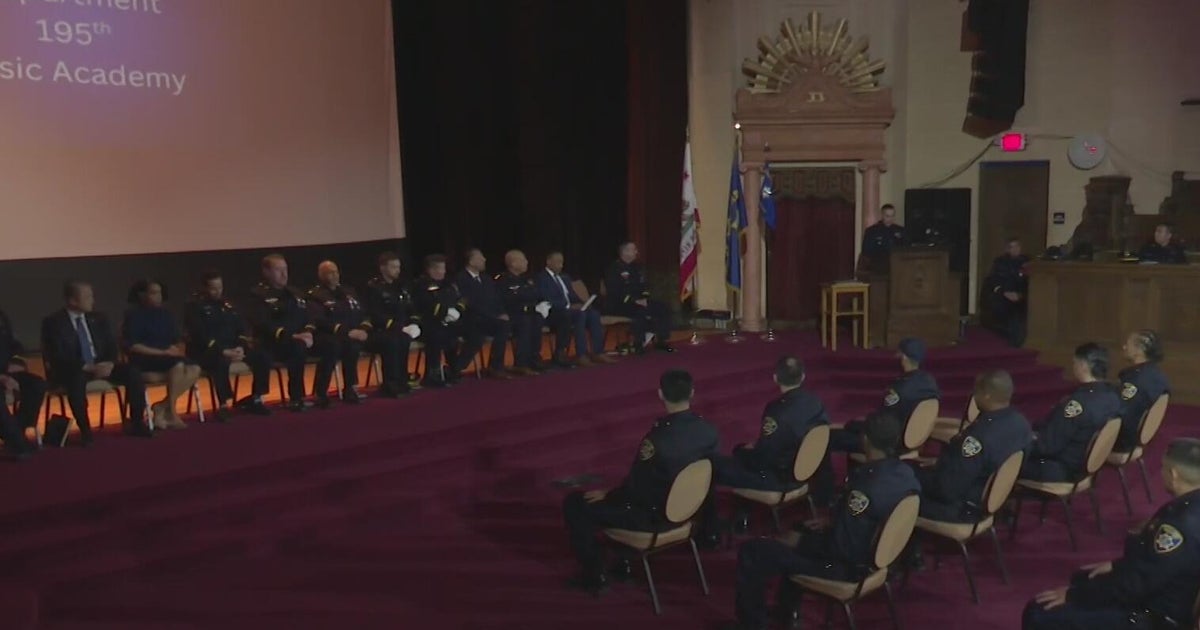Police Board Chair Defends Handling Of Complaints Against Police
CHICAGO (CBS) -- The Chicago Police Board is preparing to rule on Police Superintendent Gary McCarthy's decision to take the next step in the case of officer Jason Van Dyke.
CBS 2 Chief Correspondent Jay Levine spoke with the chairman of the board today. The board is expected to approve the move to suspend Van Dyke without pay. Levine reports it took so long because of union rules requiring them to wait until the end of the investigation and filing of formal charges.
Lori Lightfoot says the Independent Police Review Board or IPRA, played it by the book as it does in thousands of complaints against officers every year.
"IPRA's on the scene within hours of the shooting happening," Lightfoot said. "It does its preliminary investigation and then a short time thereafter, makes a referral to the state's attorney's office. The charges that were announced yesterday don't happen if IPRA doesn't do its work."
Why it took the State's attorney more than a year to finish "its" work, charging Van Dyke with first degree murder, she can't say.
Superintendent Garry McCarthy claims excessive force and other complaints against officers are going down. Its IPRA's job to investigate those complaints.
"My understanding is that for 2015, IPRA has its highest sustained rate in its history," Lightfoot said.
She has a point. Statistics we've obtained show sustained complaints against officers have risen dramatically from just 3.9 percent in 2012 to 11.5 5 in 2013, 13.7 in 2014 and 20 percent so far this year.
But for officer Van Dyke, our research shows 18 complaints in his 14 years on the force and none sustained.
Van Dyke's lawyer Dan Herbert, the former Chicago cop turned defense attorney, says he understands peoples' suspicion, but, "I think it speaks to the nature of the allegations that are brought and simply meritless in a lot of cases," Herbert said. "The perception they're getting a pass, that people are covering things up. It sounds good, I understand that, but it's not reality."
As we all know, perception is often just as significant as reality and the perception in some parts of Chicago is that whether it's true or not, police officers get away with murder.
